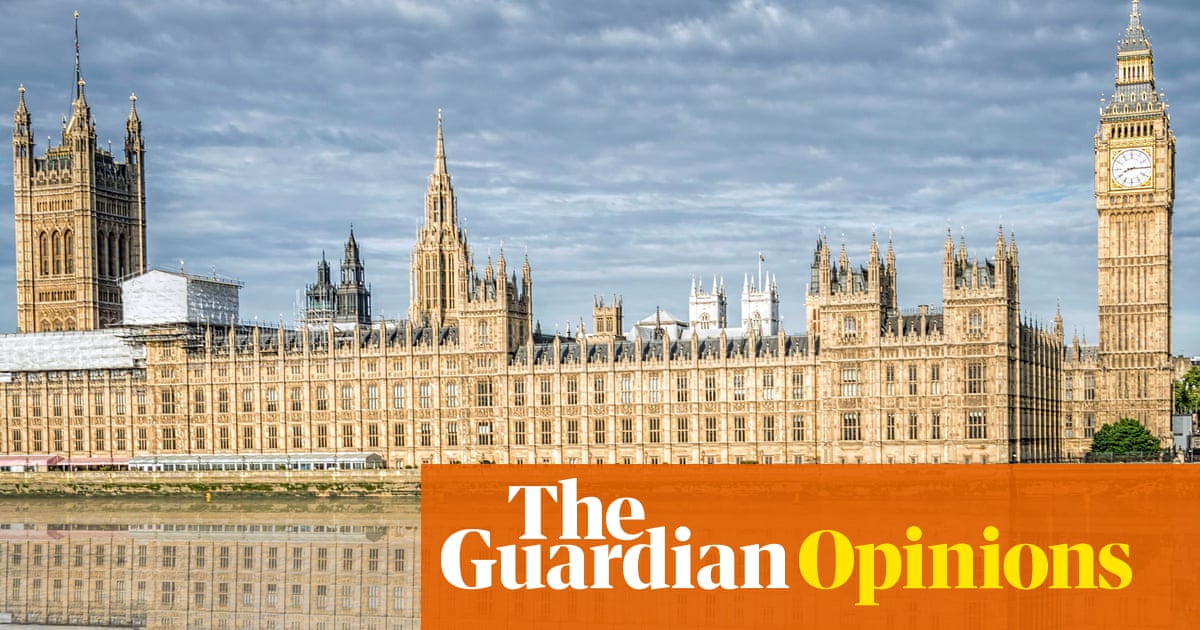
Britain and France have a long and intertwined history, encompassing great friendship and solidarity as well as war and rivalry. This was evident most recently following terrorist attacks in our respective countries. It’s a relationship that can still be characterised as “sweet enemies”, as Philip Sidney put it in a sonnet in 1591.
We are twin countries, with more or less the same population, similar economies, and the same status on the world stage, as permanent members of the United Nations security council, and nuclear countries with military projection capability. As members of the same international organisations, we have often held the same positions, and coordinated closely. This respect and cooperative spirit have been particularly strong among diplomats from our two nations.
Any prejudices and mockery have remained mostly friendly, or been delivered with a touch of humour – as in 2012, when both Boris Johnson and David Cameron riled François Hollande’s government by saying they would “roll out the red carpet” for French businessmen who were being highly taxed in France. The then French Minister of Labour, Michel Sapin, rejoindered: “Frankly, I don’t understand how you can unfurl a red carpet across the Channel. It could get quite wet.”
Sadly, I feel Brexit has changed all this – and rivalries that were once largely convivial have turned sour and unfriendly.
France has been repeatedly accused of wanting to punish the UK for Brexit. The French position is simply that the decision to leave the European Union has made the UK a ““third country” – not a punishment but a term defined in EU treaties, with many legal and regulatory consequences. The French government and public opinion alike are irritated by what seems like Johnson’s determination to have his cake and eat it.
The implementation of the Northern Ireland protocol is at the heart of the tension. Becoming a third country requires land or sea borders: the aim is to protect the European internal market. The French may be more vocal on this subject, but their position is one shared by EU institutions and all its members – and even by the Americans. We can’t understand how an agreement negotiated, signed and proclaimed as fantastic is not then respected by the very people at the heart of it. It has created a real loss of trust in the British government.
The fishing dispute is also seen in Paris as emerging from a British violation of an agreement with the EU – this allowed European fishermen to continue operating in British waters, provided they were already doing so before 2016. It is seen as an act of hostility towards France, as other countries have successfully obtained licenses, whereas dozens of French boats have had their applications rejected. They tend to be small vessels without GPS systems who have spent all their lives fishing in these waters, and their livelihoods are at stake. This explains their despair and anger – and some harsh actions.
The question of refugees is the most difficult one. Mary Tudor once said that “you shall find Calais lying in my heart”, and it remains a place of dispute between France and Britain. Some Brits say that France should take back “its migrants” and accuse the French police of incompetence, suggesting Britain withdraw its financial contributions. This has provoked outrage in France: these payments have not been made out of generosity, but because French police are effectively guarding the border for the British.
The hostility has become so bad that some candidates for next year’s presidential elections have suggested the Le Touquet treaty on border controls should be scrapped, saying that if the UK really wants to “take back control” of its borders, it can do so on its own soil. France has more than twice as many asylum seekers than the UK. Those who arrive in Calais are often desperate to go on to Britain for several reasons: because they speak English and can find work more easily, because they have relatives there, and because of the lack of safe legal routes to get across. Whatever new enhanced security measures are introduced in the future, asylum seekers will continue to come, and it is impossible to control 150 km of coast once the tunnel and the port have been sealed.
Paris is finding that it is impossible to work seriously with Johnson’s government. Even the manner in which the issue of refugees has been addressed has annoyed them: Johnson’s letter to Emmanuel Macron was tweeted to the world in a very Trumpian fashion, drawing the comment: “I am surprised when methods are not serious. One does not communicate on those issues, from one leader to another, via tweets or by a letter made public. We are not whistleblowers. Come on now.” Meanwhile, France’s interior minister, Gérald Darmanin, has criticised the “double talk” of the British: constructive in bilateral talks behind closed doors, then, a day later, the opposite publicly, for domestic political reasons.
Our nations’ two leaders have very different visions and personalities. In other times they might have got along, and the very serious and very European French president might even have been amused by a man who once said he would not sacrifice a good joke to the truth. But right now the stakes are too high. The British government seems obsessed by its largest and closest neighbour: France is an easy scapegoat in a difficult period. It will unfortunately take time before a new entente cordiale is formed.
Sylvie Bermann was French ambassador to the UK from 2014 to 2017












